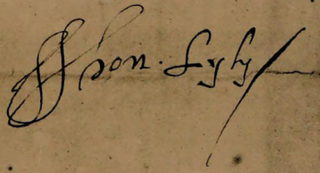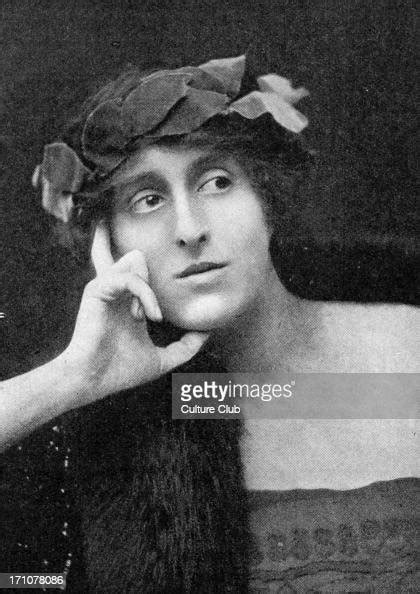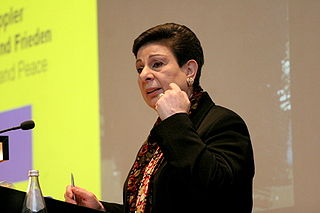A Quote by John Lyly
The rattling thunderbolt hath but his clap, the lightning but his flash, and as they both come in a moment, so do they both end in a minute.
Related Quotes
If we come to sleep we are His drowsy ones And if we come to wake we are in His hands If we come to weeping we are His cloud full of raindrops And if we come to laughing we are His lightning in that moment If we come to anger and battle it is the reflection of His wrath And if we come to peace and pardon it is the reflection of His love Who are we in this complicated world?
Man is an Animal, formidable both from his Passions and his Reason; his Passions often urging him to great Evils, and his Reason furnishing Means to achieve them. To train this Animal, and make him amenable to Order; to inure him to a Sense of Justice and Virtue, to withhold him from ill Courses by Fear, and encourage him in his Duty by Hopes; in short, to fashion and model him for Society, hath been the Aim of civil and religious Institutions; and, in all Times, the Endeavour of good and wise Men. The aptest Method for attaining this End, hath been always judged a proper Education.
We must never put our dreams of success as God's purpose for us; His purpose may be exactly the opposite. His purpose is that I depend on HIM and in HIS power NOW. His end is the process. It is the process, not the end, which is glorifying to God....His purpose is for this minute, not for something in the future. We have nothing to do with the 'afterwards' of obedience. If we have a further end in view, we do not pay sufficient attention to the immediate present; if we realize that obedience is the end, then each moment as it comes is precious.
Let us look upon a crucified Christ, the remedy of all our miseries. His cross hath procured a crown, his passion hath expiated our transgression. His death hath disarmed the law, his blood hath washed a believer's soul. This death is the destruction of our enemies, the spring of our happiness, and the eternal testimony of divine love.
The master in the art of living makes little distinction between his work and his play, his labor and his leisure, his mind and his body, his information and his recreation, his love and his religion. He hardly knows which is which. He simply pursues his vision of excellence at whatever he does, leaving others to decide whether he is working or playing. To him he's always doing both.
Though I am young, and cannot tell Either what Death or Love is well, Yet I have heard they both bear darts, And both do aim at human hearts. And then again, I have been told Love wounds with heat, as Death with cold; So that I fear they do but bring Extremes to touch, and mean one thing. As in a ruin we it call One thing to be blown up, or fall; Or to our end like way may have By a flash of lightning, or a wave; So Love’s inflamèd shaft or brand May kill as soon as Death’s cold hand; Except Love’s fires the virtue have To fight the frost out of the grave.
It is necessary to write, if the days are not to slip emptily by. How else, indeed, to clap the net over the butterfly of the moment? For the moment passes, it is forgotten; the mood is gone; life itself is gone. That is where the writer scores over his fellows: he catches the changes of his mind on the hop.
What is both surprising and delightful is that the spectators are allowed, and even expected, to join in the vocal part of the game...There is no reason why the field should not try to put the batsman off his stroke at the critical moment by neatly timed disparagements of his wife's fidelity and his mother's respectability.





































